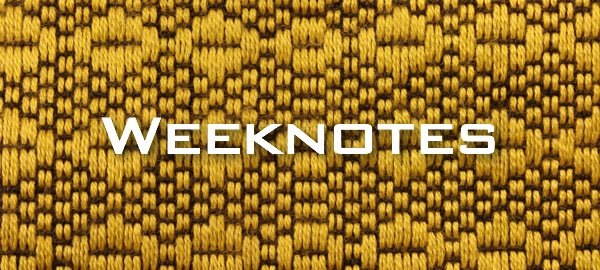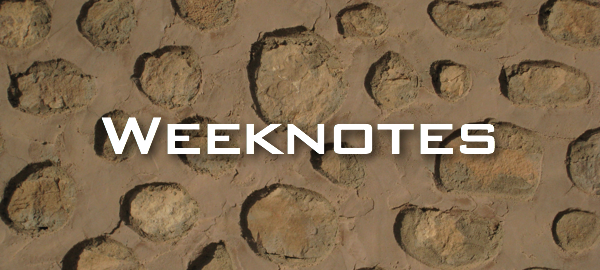Weeknote 11/2013
This week I’ve been:
- Tidying up my article on ambiguity. I find myself referencing a 2011 article I wrote with my Ed.D. thesis supervisor Steve Higgins fairly regularly. It’s now available at http://dougbelshaw.com/ambiguity. Comments welcome!
- Talking to companies about Open Badges. This week included a large media organisation, the people behind one of my favourite video games of all times, MOOC providers, and people who make stuff for railways. Badges for everything!
- Confused about meeting times. It’s that time of the year when the US enters Daylight Savings. Everything will be up in the air again when we do likewise in the UK at the end of March!
- Updating the Web Literacy standard blog. If you haven’t already subscribed, it’s here: http://weblitstd.tumblr.com.
- Submitting titles and abstracts. The organisers of both OER13 and the PELeCON conferences both wanted more details on my upcoming keynotes. One of them will have a Wild West theme and the other one will feature more animated GIFs than you can stick a shake at. 😉
- Travelling to Chicago. It was a fairly uneventful trip – oh, apart from the four and a half hours I spent in the immigration queue. Tired Doug is/was tired.
- Attending DML2013. I’ve been in Chicago since Wednesday night for the Digital Media and Learning Conference (where we launched v1.0 of Open Badges). It’s as much a chance to catch up with my colleagues as attend the (excellent) sessions. I’ve written about it on my conference blog.
Next week I’m back home on Monday and in London on Thursday (just for the day) to talk to the games studio alluded to above.



